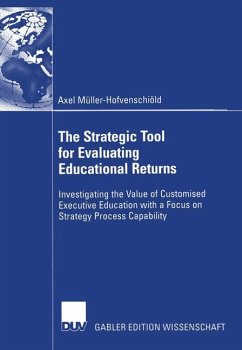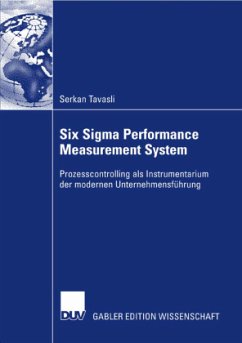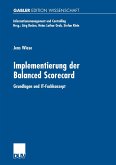Management education is a booming business. More and more consultants are moving into this area, forcing business schools to defend their traditional territory. American schools are allying themselves with institutions in other parts of the world and setting up subsidiaries, joint ventures and strategic alliances to leverage their know-how. On the business side, the number of Corporate Universities -establishments dedicated to management developmen- is growing rapidly, even in Europe. In the "battle to win talent", companies want to show that they provide their top executives with the best chances of success. However, the picture is not all rosy. These days every expense has to prove its value added, and management education is no exception. But as this analysis shows, a more in-depth evaluation than the "happy-sheet" survey handed in at the end of a programme is difficult to compile. First one needs to ask the question, "Who is the evaluation for, e. g. , the accounts department, HR, the participants or their superiors?" Another tricky question is, "Are you measuring HR indicators or programme learning goals?" It is not at all clear that learning goals, even for customised programmes, are tied to companies' "normal" HR evaluation process (often in the form of a balanced scorecard) and the related incentive schemes (the reason for this would require a thesis on its own). Furthermore, as this analysis has revealed.
Hinweis: Dieser Artikel kann nur an eine deutsche Lieferadresse ausgeliefert werden.
Hinweis: Dieser Artikel kann nur an eine deutsche Lieferadresse ausgeliefert werden.








